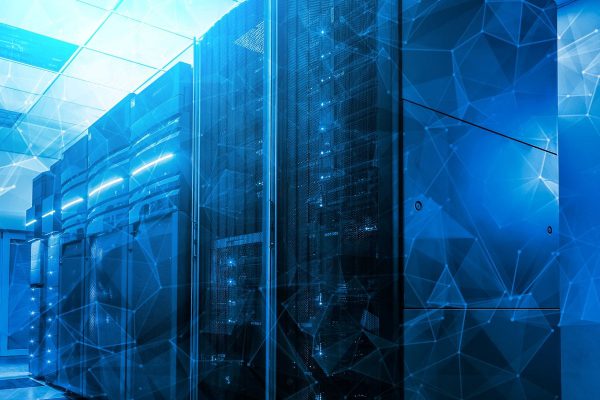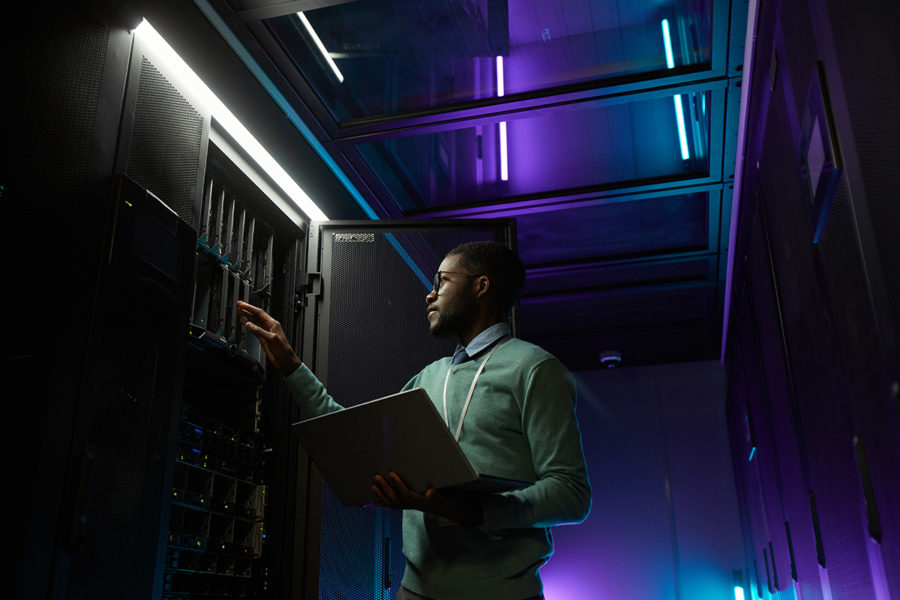
Let’s find what you’re looking for. Search our resources, blog, pages, and any other content on our website.
A colocation or “colo” data center refers to the renting of space for servers and other hardware at a managed data center facility. Colocation services provide physical server housing and networking connections in addition to redundant power and cooling resources to protect your infrastructure. Colocation centers provide the ultimate physical space for your equipment, while you continue to control your hardware and concentrate on running your business.
In-house data centers are expensive to operate, maintain and upgrade. If you need more space, more throughput or more responsive systems, you’re on the hook for capital investment along with the IT staff to manage server stacks.
Colocation data center services, meanwhile, mitigate the time and budget costs associated with handling in-house server stacks by providing companies the ability to manage their data on demand. Key benefits of going “colo” include:
Running out of room for data storage? Need more network throughput to handle big data analytics or leverage high-bandwidth applications? Data center colocation providers have you covered. Colocation data centers are designed to grow with your business by offering scalable infrastructure and on-demand burst resources.
One common argument for keeping data centers local is security — after all, who knows your security requirements better than in-house IT personnel? Given the increasing risk of cybersecurity threats, however, technology pros can quickly find themselves overwhelmed with reports, threat analyses and the need for InfoSec upgrades. Colocation centers, meanwhile, succeed or fail on their ability to safeguard client data. The result? Data center colocation providers continuously update both physical and digital security to meet client expectations.
You have applications that can’t experience downtime. But unexpected weather and IT events are beyond your control, in turn putting local stacks at risk. Redundant power supplies and network connections offered by colocation facilities help bolster application uptime and make it easy to transfer and store high-value data sets from local stacks.
Colo versus in-house is an OpEx versus CapEx argument — and colo comes out on top. Why? Because you’re never on the hook to buy new servers, upgrade network connections or deploy new security measures. Companies also enjoy budget benefits because colocation data center spaces are shared by multiple companies, with each paying a portion of the total operating cost.
Access One leases space in some of the world’s premier data centers, where we provide SAS70 Type II Certified data centers for all colocation packages. Our centers offer you access to multiple power grids, multi-generator backup, fully redundant and diverse fiber-path Internet from multiple carriers, and Tier 1 physical security. Our facilities provide best-in-class power and cooling capabilities, allowing unrivaled power consumption/sq. ft. — perfect for power-hungry applications!
In addition, Access One provides data center space with greater flexibility than most providers — we have options ranging from 1/3 of a rack to custom-defined square footage. This flexibility provides cost-effectiveness for even a single hosted server at our facilities.
In-house or colocation data centers? While on-site server stacks provide familiarity, they can’t compete with the scalability, security, reliability and cost benefits offered by top-tier data center colocation providers.
